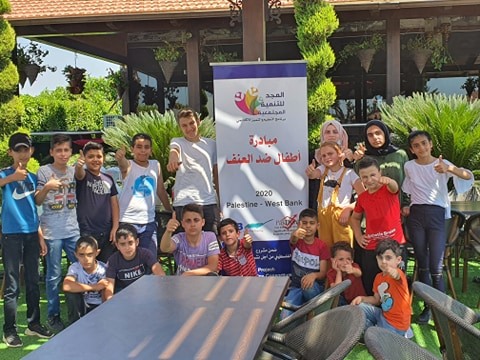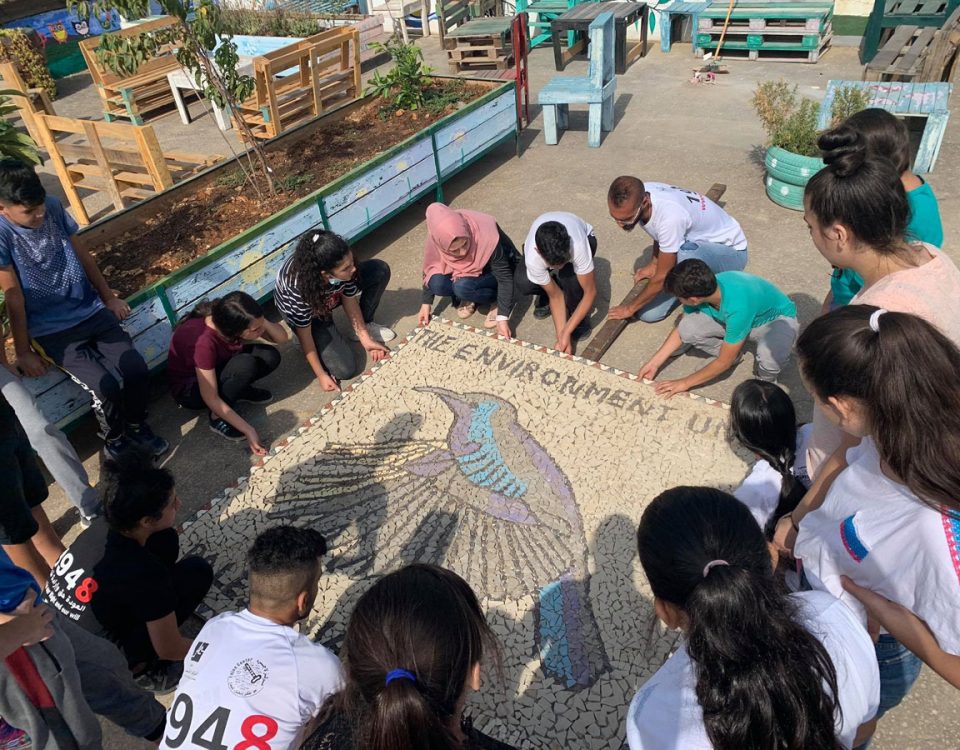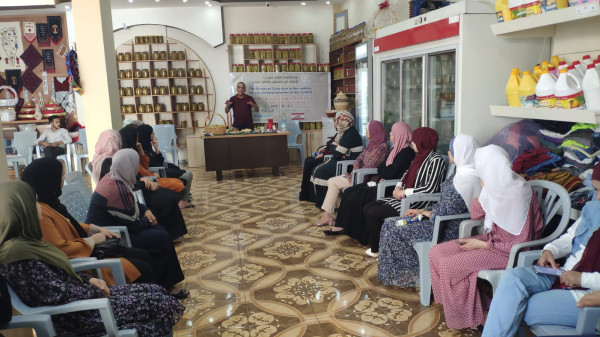- Contact Us
- +972 8-282-2005
- info@palthink.com
The Role of the media in spreading a culture of non-violence in the time of Corona

The Psychological Impact of the Emergency Case on Institutions and Individuals
20 April، 2020
Corona Prevention in the light of Culture of Non-Violence
16 June، 2020“Many factors happen to spread violence in the Palestinian society, which doubles the importance of the role played by media institutions. Media institutions work on enhancing the culture of non-violence and deepening the awareness in this regard as this awareness contributes in resolving conflicts and managing crisis” by this statement Nawa Network Editor, Mona Khader, summarized the role of media in promoting the culture of non-violence in times away from the emergency case that unfolds the world because of the threat of the virus. This discussion was through the 8th episode of “Non-Violence as a Life Style ” program within “The Palestinian Consortium for Non-violence: towards a regional movement on Non-violence” Project, implemented by Pal-Think and FXB-France.
Khader added that the Palestinian media is well practiced in working during crises and military conflicts, but in light of the crisis of the Coronavirus, this experience has called for more awareness and broadcasting enlightening messages in order to protect society and its members from the dangers of the pandemic.
She stressed the need to build trust-based relations between the media and governmental institutions authorized to broadcast news of the spread and control of Covid-19, such as the Ministry of Health and the Interior, and the need to give complete and clear information, and to facilitate the process of accessing information with the aim of reducing rumors and false news that spread terror and anxiety amongst members of society through social media platforms not affiliated with media institutions, calling on media professionals to follow all professional and ethical standards in fulfilling their role in spreading the truth and not harming any of those infected with the virus.
She demanded that media has to give the news its natural size without intimidation or stunting in order to enhance confidence between citizens and the various media institutions, and not to seek the precedent of the press, and to explore the optimal time to broadcast the news so that citizens, especially news of increasing numbers of people infected and deaths from the virus, explaining the importance of joint and complementary work between media institutions and Civil Society Institutions and all agencies working to combat the spread of the disease by forming a crisis cell, working to provide all media institutions with detailed information and coordination between them at the local, regional and international levels.
She said that the role of community-based organizations must be concentrated during the emergency in order to bring international experiences in fighting the virus and benefiting from success stories in order to spread hope amongst members of society, and remind the community to promote positive values such as dialogue, tolerance and acceptance, urging individuals to invest this time in developing skills and refine experiences and practicing beneficial hobbies, and pursuing education.
She pointed to the importance of the media’s role in drawing the attention of the groups concerned to improve the level of care provided to groups most vulnerable to get infected by the virus, the elderly and people with special needs, and raise the interest of community members in these groups, noting that the media should exercise its oversight role on the work of all institutions providing various and necessary services to society in times of crisis.




